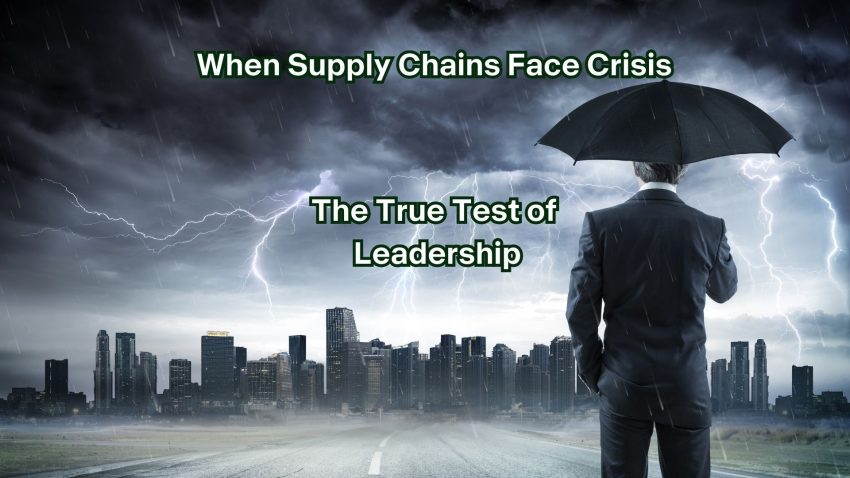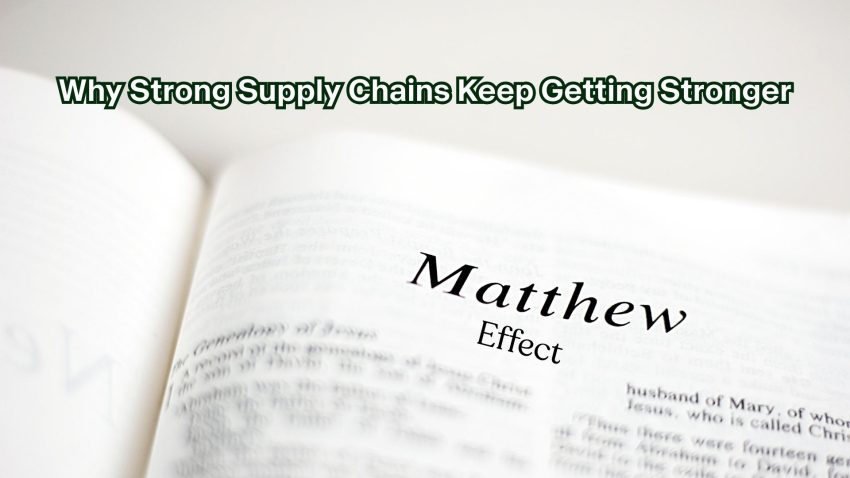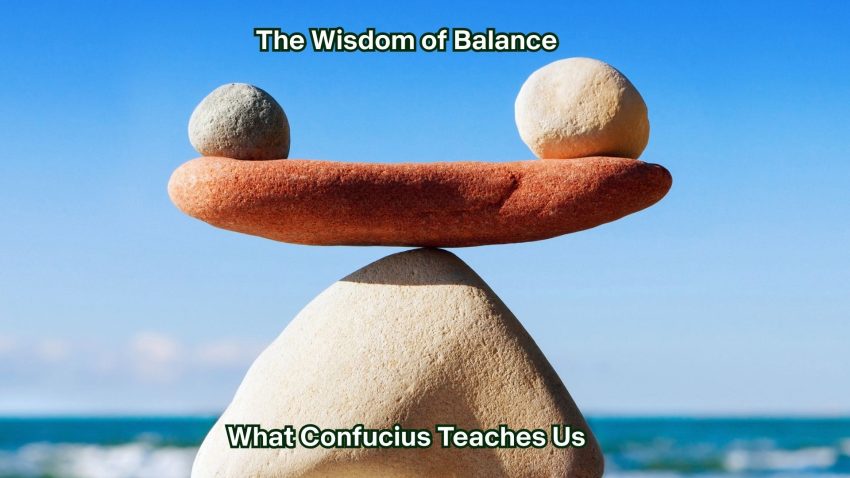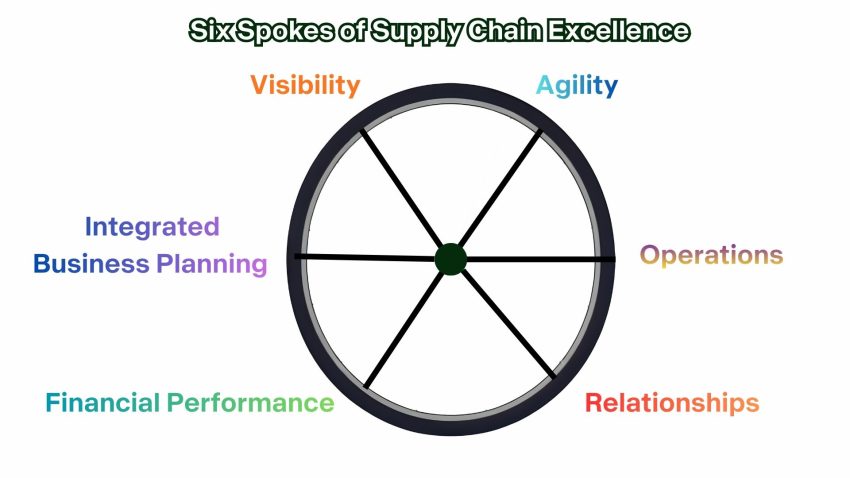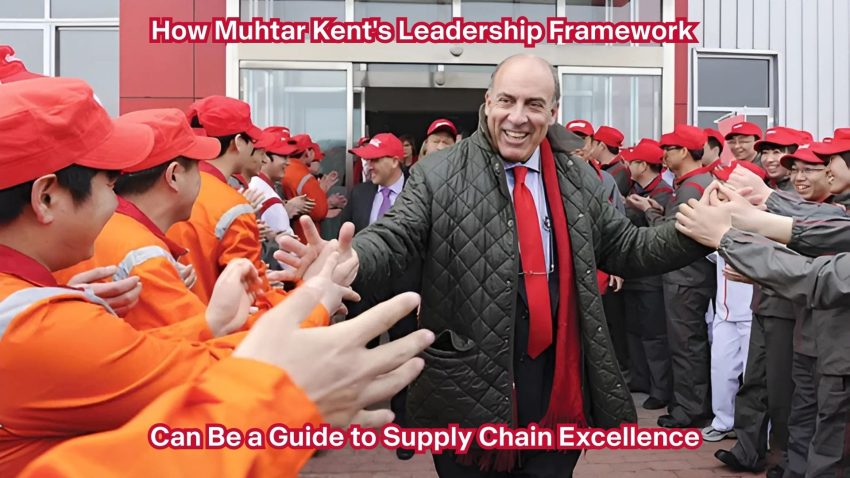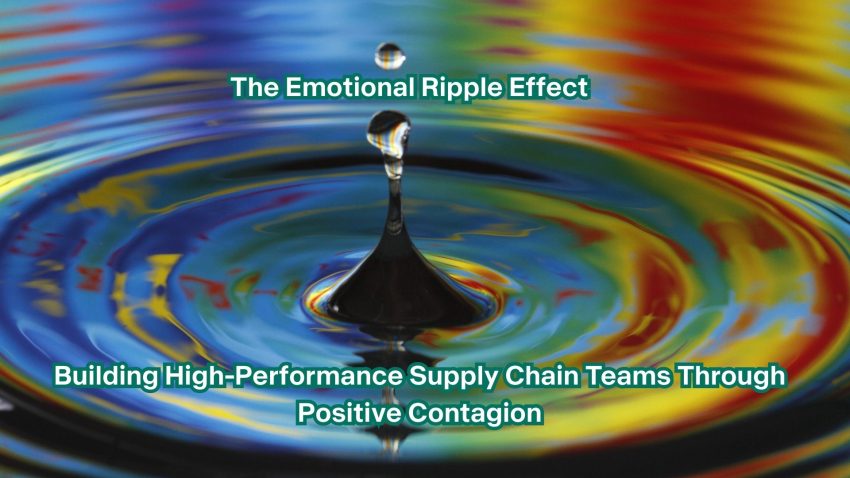In his book High Ticket Selling, Dan Henry shares a profound insight that resonates deeply with anyone who has navigated the complexities of modern supply chain management: “The truth is, we are not defined by how we react in times of triumph but by how we react in times of struggle. Anyone can win when…
How to Hook Your Audience: A Supply Chain Leader’s Compass to Compelling Communication
As supply chain professionals, we often fall into a trap: we know our world is fascinating, but we struggle to make others see it. We talk about lead times, inventory turns, and logistics networks while our audience’s eyes glaze over. The truth is, supply chain isn’t boring but our storytelling is. After two decades leading…
The Matthew Effect: Why Strong Supply Chains Keep Getting Stronger
In supply chain management, success breeds success. The companies that excel today are positioning themselves to dominate tomorrow, while struggling organizations fall further behind. This phenomenon, known as the Matthew Effect, reveals a fundamental truth about competitive advantage in modern logistics and operations. Understanding the Matthew Effect in Supply Chains The Matthew Effect takes its…
Stop Talking, Start Walking: Taking Action in Supply Chain Management
Stop talking. Start walking. These four powerful words from L. M. Heroux capture a truth that resonates deeply within the world of supply chain management. In an industry where planning, strategizing, and analyzing consume countless hours, the real differentiator between success and stagnation is action. The Analysis Paralysis Epidemic Supply chain professionals face an overwhelming…
The Wisdom of Insecurity: Why Supply Chains Must Learn to Dance
Alan Watts once wrote that life is “all about balancing, not about being balanced.” For those of us who have spent years in the trenches of supply chain management, this insight resonates with particular force. We’ve been taught to pursue stability, to eliminate variability, to build fortresses of inventory and rigid contracts that promise predictability….
The Wisdom of Balance: What Confucius Teaches Us About Supply Chain Excellence
Over two millennia ago, Confucius observed a fundamental truth about human progress: “Learning without thought is labor lost. Thought without learning is intellectual death.” As I reflect on this quote, I’m struck by how profoundly this ancient wisdom applies to our modern, fast-paced industry. We live in an era of unprecedented information availability. Every day…
The Six Spokes of Supply Chain Excellence: Building a Balanced and Resilient Network
Just as Darius Foroux’s Six Spokes Theory emphasizes the importance of balancing body, mind, work, love, money, and play for an optimal life. I believe that the supply chain management requires a similar holistic approach. A truly resilient and efficient supply chain operates like a well-balanced wheel, with six critical spokes working in harmony to…
How Muhtar Kent’s Leadership Framework Can Be a Guide to Supply Chain Excellence
As supply chain professionals, we constantly seek proven frameworks that can elevate our operations from good to exceptional. Cem Kozlu’s insights in “Liderin Takım Çantası” (Toolbox of the Leader) offer a compelling perspective through Muhtar Kent’s leadership approach: the Leader-Strategy-People-Operations quartet. I find this framework particularly resonant for our field. Understanding the Quartet Muhtar Kent’s…
The Emotional Ripple Effect: Building High-Performance Supply Chain Teams Through Positive Contagion
In the fast-paced, high-stakes world of supply chain management, we often focus on metrics, processes and technology while overlooking one of the most powerful forces shaping our teams’ performance: emotional contagion. Behavioral scientist Peter Totterdell‘s groundbreaking research reveals a fascinating truth about workplace dynamics; when people work together, they literally infect each other with emotions…
The Resilient Supply Chain: Mastering the Dance Between Levity and Gravity
In the complex world of supply chain management, we often find ourselves caught between two powerful forces. As Daniel Pink notes in To Sell is Human, healthy positivity requires calibration between levity that unseen force that lifts you skyward and gravity which is the opposing force that pulls you earthward. This metaphor perfectly captures the…
